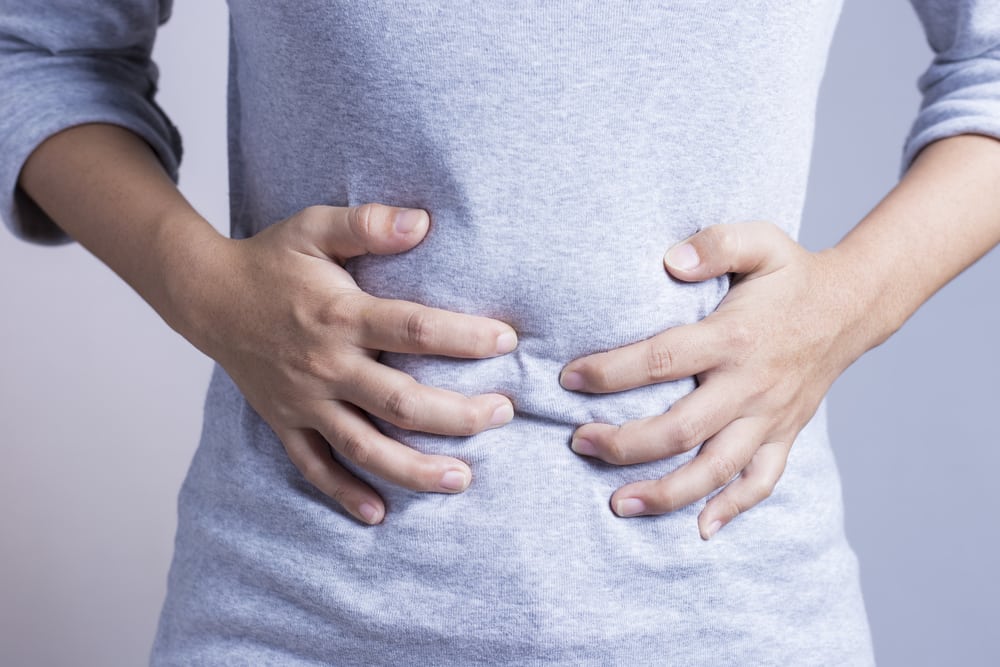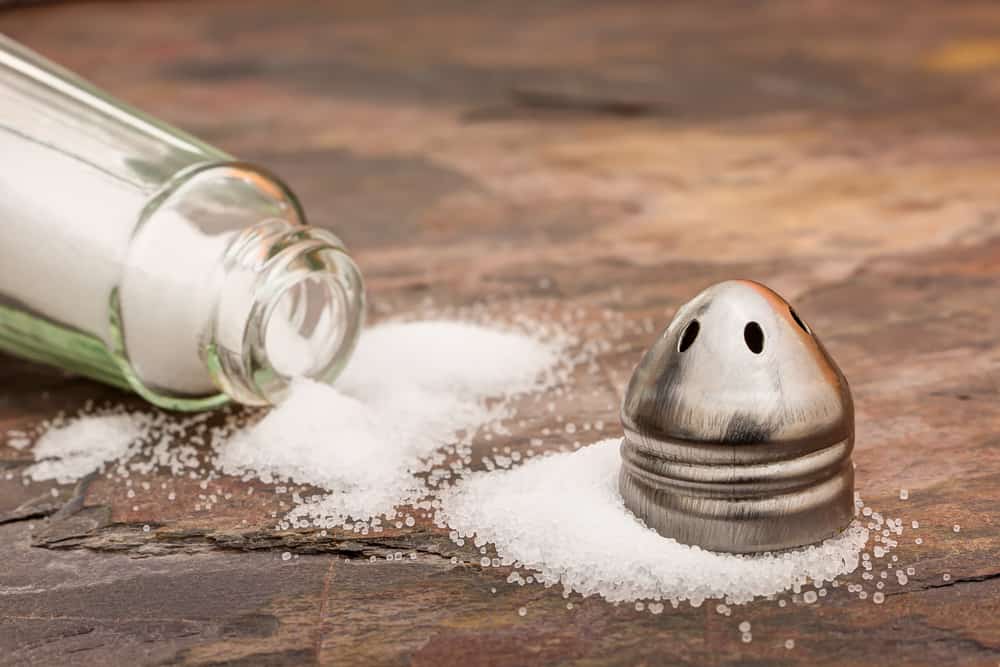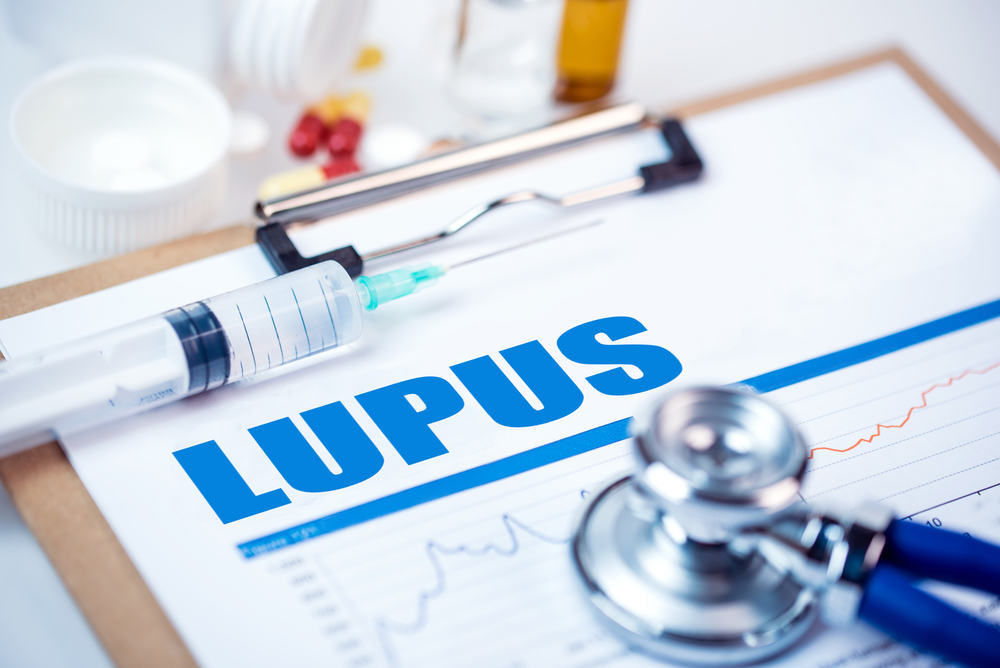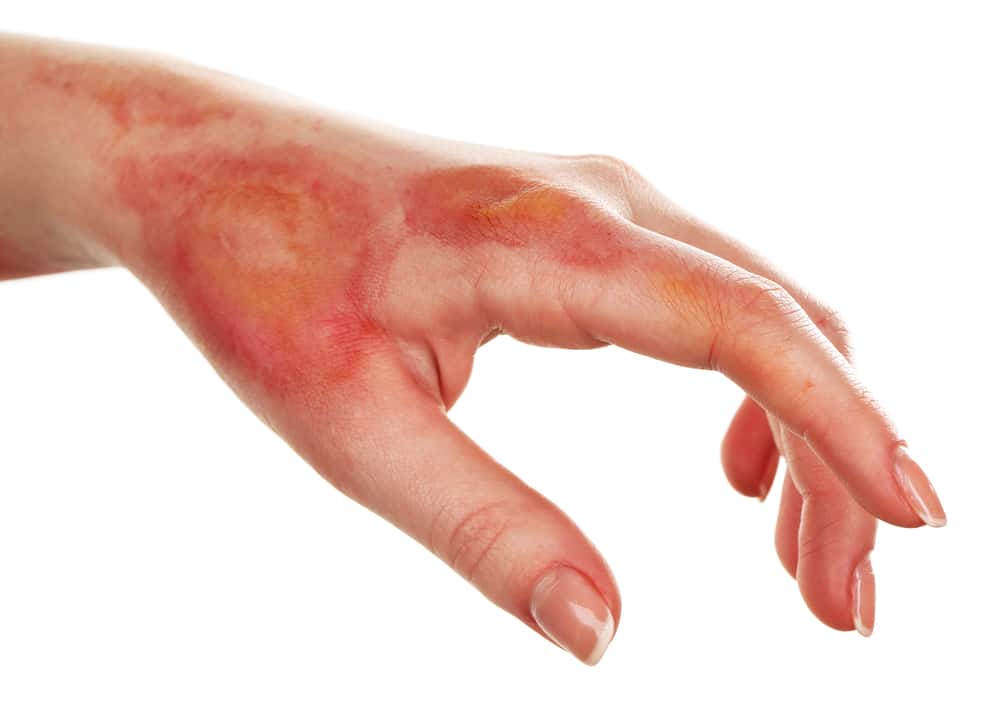Contents:
- Medical Video: Why does eating junk food make me feel good?
- Eating junk food can make you addicted
- The brain can mistakenly think you eat less when you eat junk food, so you will eat again
- We become slow and more difficult to think when we are addicted to junk food
Medical Video: Why does eating junk food make me feel good?
The effect of eating junk food is almost always associated with obesity, high cholesterol, hypertension, and heart disease. What not many people realize, fast food also undermines brain health. This can be seen from the many people who are addicted to junk food.
Eating junk food can make you addicted
Junk food is a type of food that is high in sugar, fat, salt and oil. This combination, coupled with fragrant food and various other flavors, which makes the food feel good to shake the tongue. Then, the tongue nerves immediately send signals to stimulate the brain to produce happy dopamine hormones in high amounts.
In addition, reported from the Huffington Post. Steven Witherly, a scientist in the food field, argues that addiction to junk food can also be affected by a combination of different sensations in one meal. For example, soft textured cream cheese that is spread evenly over a piece of crispy pizza, or a burger with thick meat contents juicywhich added a few crispy lettuce leaves.
This mixed combination then makes the brain interpret eating junk food as a pleasant experience. As a follow up, the brain produces more dopamine.
The happy effect of eating junk food will make the body crave automatically, so you feel the need to repeat eating again. The more and the longer you get used to eating junk food, the stronger the effects of addiction, because the levels of dopamine that accumulate in the body can interfere with brain function.
The brain can mistakenly think you eat less when you eat junk food, so you will eat again
Still according to Witherly, junk food often involves food ingredients that can be "lost" in an instant. For example mayonnaise sauce or melted mozzarella cheese which easily melts on the tongue. When the tongue detects that there is no more food in the mouth, the taste nerves will signal to the brain that you are eating less or not eating.
The brain then thinks you lack calories so it will react quickly by triggering the release of the hormone ghrelin to prevent you from starving. As a result, you tend to overeat when eating fast food.
We become slow and more difficult to think when we are addicted to junk food
A study in the American Journal of Clinical Nutrition in 2011 showed that healthy individuals who ate junk food for five consecutive days decreased brain cognitive function. This is characterized by a lack of focus of attention, speed of action, worse memory, and drastic mood changes.
In the brain, the high dopamine produced after eating junk food inhibits the work of the hippocampus and causes inflammation. The Hippocampus is a place for the formation and storage of long-term memory.
In addition, foods high in sugar and fat can reduce brain synapse function which is responsible for learning and the ability to remember, and disrupts brain peptide activity called brain-derived neurotrophic factor (BNFD) which helps increase blood flow to the brain and prevents damage to brain cells.













